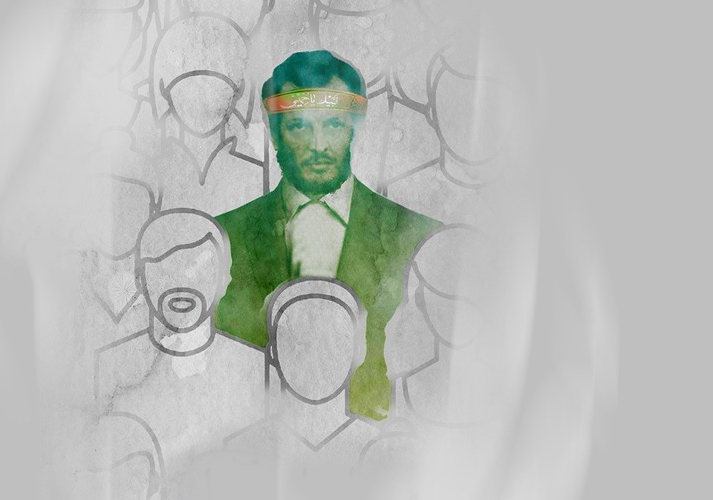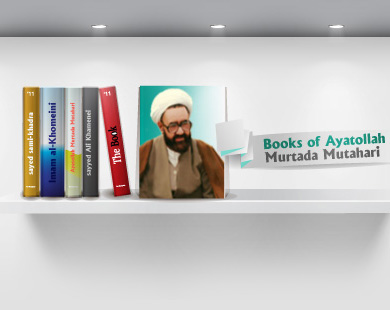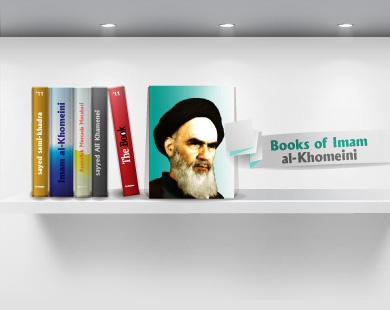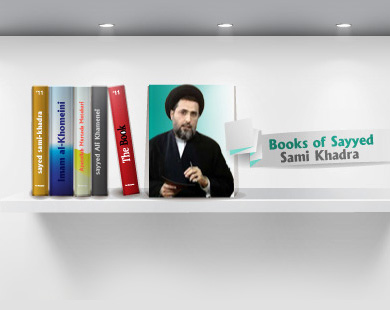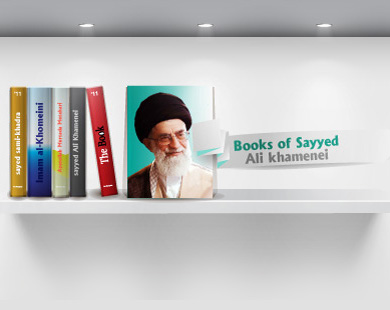The preventives of Insight are many. Some of them are external and others are internal. Here, we will mention the internal preventives of insight.
False Hopes
God almighty says:” The hypocrites will call out to the Muslims, “Were we not with you?”; they will answer, “Yes you were, why not? But you had put your souls to trial, and you used to await misfortune for the Muslims, and you doubted, and false hopes deceived you until God’s command came – and the big cheat had made you conceited towards the command of God.”[1]
“Hopes” is the plural of “hope”, and here it means the hopes that cannot be accomplished for a man. The hope originates from the limitation of a man’s ability and weakness. If he has a relation with this matter and he couldn’t reach or accomplish it, it will change into a hope. If he was able to accomplish whatever he wants and desires, then there is no meaning for hope. Of course, a man’s hopes sometimes originate from his high soul, encouraging movement, devotion, activeness, striving and path of perfection. For example, a man may hope to improve through knowledge, fear of God, character and dignity, but these hopes may be false most of the time. Opposite to the true hopes, false hopes are the base of heedlessness, ignorance, numbness and backwardness like when a man hopes to immortalize in life, have an endless age, get an uncountable quantity in money or control all of the people…
The commander of the faithful (a.s) says:” The hearts of the ignorant people are provoked by kindness, pledged by hopes, and get caught in tricks”. [2]
He (a.s) also says:” Greed is a resource that is not a source, an unfaithful guarantor, and perhaps the drinker will leave the water before irrigating it. The greater the value of the thing competing in it, the greater the sorrow for its loss. Wishes blind the eyes of insight, and luck comes to those who do not ask for it”. [3]
The love of Life
Imam Ali (a.s) says:'' All of the ears are dead of hearing wisdom and all of the hearts are blind of the insight light for the sake of the love of life. [4]On the contrary, abstention of the worldly pleasure leads to insight; the prophet Mohammad says:'' Whoever abstains from the worldly pleasure, God teaches him without being educated, gives him the insight (to know his gaults), and removes his blindness (to distinguish between the truth and falsehood”. [5]
Love of life is the fountainhead of every fault and every deficit. He whose inside is based on the love of life until he is attracted to something not to benefit from it to the hereafter, shouldn’t think about feeling the sweetness of soliloquy with God. He will not feel the spirit and reality of worship. Therefore, we see that supplications insist on the importance of taking off the love of life from their hearts, “O God, get the love of life out of my heart”. [6]
Heedlessness
God almighty says:” Certainly, you were heedless of this day. But (now) We have removed your veil and your sight is very sharp today.'[7] The messenger of God (pbuh) says:” The signs of the heedless are four: blindness, carelessness, amusement, and forgetfulness”. [8]
Al Imam Ali (a.s) has warned of heedlessness and describes it in some words that show its danger, such as: “The continuity of heedlessness blinds insight”[9], “He who is heedless will be ignorant”, “heedlessness is misguidance”, “he who heedlessness controls him, his heart will die”, “heedlessness is darkness”. [10]
Heedlessness is one of the risky diseases that affect a man’s personality and behaviors. Hence, when Al Imam Ali (a.s) describes the prophet Mohammad (pbuh) as a doctor that cures people’s morale diseases including heedlessness, he says:” He’s a doctor who strolls with his medicine, knows well his ointments, prepares his horseshoe, cures those who are needy such as those of blind hearts, def ears and dumb tongues. He follows, with his medicine, positions of heedlessness and bewilderment”. [11]
Positions of heedlessness and bewilderment are a metaphor for hearts of ignorance. He (a.s) says “he strolls with his medicine” because a doctor who strolls has more experience in the domain or he maybe means that the prophet (pbuh) strolls to cure the patients because the righteous strolls over the patients of hearts to cure them. He (a.s) also says:” Jesus was seen getting out of a prostitute’s house, so he was asked:” someone like you be here?! So he answered: “He who is a doctor comes to his patients”.
Ointments are compound medicines for wounds and ulcers. And the horseshoes are irons by which horses and others are branded. Then, he mentioned that only those who need it are treated with this, and they are the first of blind hearts, deaf ears, and dumb tongues, that is, the mute. This is a correct and circumscribed division, because misguidance and violating the truth can be caused by three things: either through ignorance of the heart, or by not hearing sermons and arguments, or by abstaining from witnessing monotheism and reciting the dhikr (remembrance of God). These are the origins of misguidance, and as for acts of disobedience, they are branches of it. [12]
My Insight is with me, Al Maaref Islamic and Cultural Institution
[1] Surah Al Hadid, verse 14
[2] Allama Al Majlisi, Bihar al-Anwar, a previous source, part. 19, p. 35.
[3] Al Laithi Al Wasiti, Oyoun Al-Hakam and Al-Moawad, a previous source, p. 404.
[4] Al Laithi Al Wasiti, Oyoun Al-Hakam and Al-Moawad, a previous source, p. 404.
[5] Al Sayyid Hassan Al Qabbanji, Musnad of Imam Ali, peace be upon him, achieved by Sheikh Taher Al-Salami, Al-Alamy Institute for Publications, Lebanon - Beirut, 1421 - 2000 AD, 1, part. 10, p. 138.
[6] Al Tusi, Sheikh Muhammad bin Al-Hassan, Misbah the Mujahid and the Weapon of the Worshiper, published by the Shiite Jurisprudence Institute, Lebanon - Beirut, 1411 AH, 1, part. 2, pg. 591.
[7] Surah Qaf, verse 22
[8] Allama Al Majlisi, Bihar al-Anwar, previous source, part. 1, p. 122.
[9] Al Laithi Al Wasiti, Oyoun Al-Hakam and Al-Moawad, previous source, p. 250.
[10] Science and Wisdom in the Book and the Sunnah, Muhammad Al-Rishary, Al-Ghafla, p. 167.
[11] Nahj Al Balagha, a previous source, 108 and from his sermon, peace be upon him, which is one of the epic sermons, Fitna of Banu Umayyah, p. 156.
[12] Ibn Abi Al Hadid, Abd al-Hamid bin Hebat Allah, Explanation of Nahj al-Balagha, Edited and Corrected by Muhammad Abu al-Fadl Ibrahim, Published by Ayatollah Mara’shi Najafi Library, Iran - Qom, 1404 AH, and the House of Revival of Arabic Books - Issa al-Babi al-Halabi and Co., 1378 AH - 1959 AD , i 1, c 7, p. 184.


